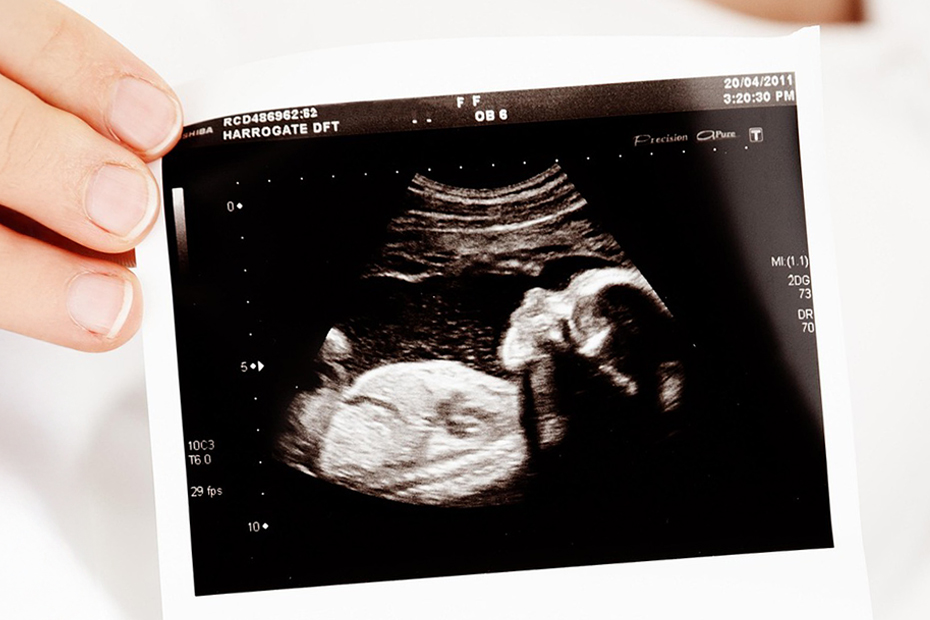By Fr. Jim Hewes
A growing concern within the Catholic community is the disconnect between the Church’s teaching on abortion’s paramount importance and the actual beliefs and behaviors of many Catholics in the United States.
According to a national study by LifeWay Research for Care Net, 76% of the post-abortive women surveyed said the local church had no influence on their decision to have an abortion. Only 7% of women discussed their abortion decision with anyone at church. Additionally, it found that 37% of women were attending church regularly when they had their first abortion.
The most recent data from the Guttmacher Institute states that 24% of women who had an abortion identified as Catholic, meaning hundreds of thousands of Catholics might have abortions each year.
Public opinion polls reflect similar trends. Pew Research found that 59% of Catholics say abortion should be legal in most or all cases. Another survey taken before the 2016 election asked Catholics which issues were “very important” when deciding whom to vote for. Abortion came in at #13 out of 14, with just 46% of Catholic voters giving it a high priority.
Pew Research also found that few US sermons mention abortion. In addition, I could only find one Catholic book about preaching on abortion (Proclaiming the Message of Life by Frank Pavone).
Politically, Catholics hold significant representation in Congress. Twenty-four of the 100 US senators are Catholic, and 126 members (out of 435) in the US House of Representatives are Catholic. Even on the Supreme Court, six of the nine justices are Catholic (Neil Gorsuch was raised Catholic but now identifies as Episcopalian). Yet, abortion is still legal in states that have a significant Catholic population, and the preborn child is still not recognized as a person under the 14th Amendment.
Further, in their most recent platform Republicans changed their pro-life position. President Trump promotes IVF, selected a pro-abortion person for his cabinet, and retreated from his earlier pro-life support.
There is a perception in society that because of its long history and visibility (possibly more than most Christian denominations), the Catholic Church in the United States is very involved in the abortion discussion. To my knowledge, there isn’t a Catholic diocese in the United States (outside of Dallas) that focuses on combating abortion as a preeminent priority in terms of allocating significant budget, staff, and programming resources to it. For example, in one diocese, there were 15 staff in information technology, eight in financial services, seven in pastoral services, six in clergy services and communication, four in the Catholic schools department (not counting over 300 teachers and staff), and 1,500 staff personnel in Catholic Charities, yet there was only one part-time person in the Human Life Office.
Nevertheless, many individual Catholics have made remarkable contributions to the pro-life movement. These include:
- Dr. John Willke
- Dr. Bernard Nathanson
- Judie Brown (American Life League)
- Jeanne Mancini (former president, March for Life)
- Lila Rose (Live Action)
- Kristan Hawkins (Students for Life of America)
- Marjorie Dannenfelser (Susan B. Anthony Pro-Life America)
- Abby Johnson (And Then There Were None)
- Jim Havens (The National Men’s March to Abolish Abortion and Rally for Personhood)
- Vicki Thorn (Project Rachel)
- Dr. Theresa Burke (Rachel’s Vineyard)
- Janet Morana (Silent No More)
- Fr. Paul Marx
- Trent Horn
- Patrick Kelly (Knights of Columbus)
- Stephanie Gray Connors
- Joe Scheidler
- Joan Andrews Bell
- David Bereit and Shawn Carney (40 Days for Life)
- Fr. Shenan J. Boquet (Human Life International)
- The Sisters of Life
In addition to these incredible leaders, there are also many behind-the-scenes Catholics who make a difference. These include members of right-to-life committees, staff in crisis pregnancy centers, those who help at maternity homes, participants in 40 Days for Life, sidewalk advocates, those who have left the abortion industry and who now speak the truth, abortion survivors, and more.
Yet despite these shining examples, the broader trends reveal that many Catholics in the US are not sufficiently aligned with the Church’s teaching on the preeminent priority of battling abortion. This calls for renewed catechesis, evangelization, and structural support to ensure that the Church truly becomes, in word and deed, the strongest advocate for powerless preborn human beings and their vulnerable mothers.
